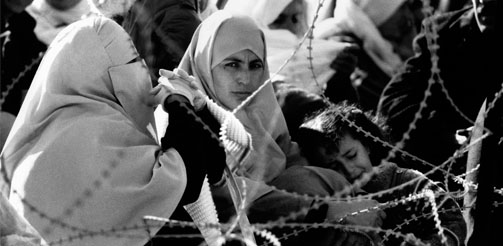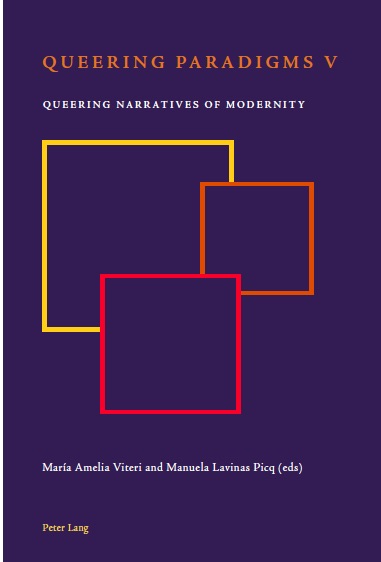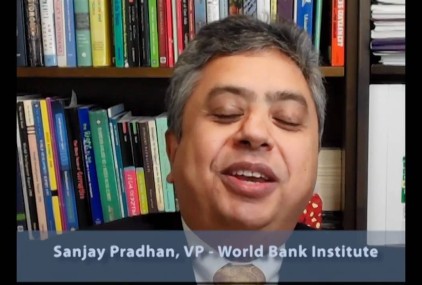
European Parliament demands protection LGBTI refugees, also from ‘safe’ countries
Originally published on: https://lgbt-ep.eu/recent-news/european-parliament-demands-protection-lgbti-refugees-also-from-safe-countries/ Today, the European Parliament adopted a report on the situation of women refugees and asylum seekers in the EU, paying particular

Civil Society from the BRICS: Emerging Roles in the New International Development Landscape
This report focuses on ‘civil society’ in just one of the many senses in which the term is used: the sense summarised by Edwards (2009) as referring to ‘the world of associational life’ (rather than alternative conceptualisations of civil society as ‘the good society’ or ‘the public sphere’).
New IDS research reveals impact of militarism on violence against women in Gaza
Originally published on IDS’s website. Available at: https://www.ids.ac.uk/news/new-ids-research-reveals-impact-of-militarism-on-violence-against-women-in-gaza This year’s 16 Days Against Gender-based Violence campaign focuses specifically on the relationship between militarism and the

The Voice of Libyan Women: A progressive voice amid violence and insecurity
Women were at the forefront of the pro-democracy protests in Libya in 2011, which, after escalating into civil war, culminated in the ousting of dictator Muammar Gaddafi. But in the years that have followed, as state institutions have crumbled and insecurity prevails, women have struggled to have their voices heard.

Equality to brutality: global trends in LGBT rights
Horrifying images posted on social media for all the world to see show men accused of homosexuality thrown off high buildings, stoned to death, or shot in the head by extremist groups, including the Islamic State (known as ISIS) in Iraq, Syria and Libya.

Palestine’s Abortion Problem
Around 40 percent of women in the West Bank have had abortions, though the procedure remains illegal in Palestine. So guess where they go.

Feminist Studies’s call for paper: Decolonial and Postcolonial Approaches: A Conversation
authoritarianism Deadline: March 1, 2016 Decolonial and postcolonial approaches have long informed and animated feminist scholarship and activism, but often not at once nor in
Queering Paradigms V – Queering narratives of modernity
The authors of this edited volume use a queer perspective to address colonialism as localized in the Global South, to analyse how the queer can
Of Flags and Fetishes – The Paris Attacks and A Misplaced Politics of Solidarity: Debaditya Bhattacharya
I have absolutely no problems with flag filters on Facebook. Or for that matter, profile-picture revolutions that happen all too often. I’m not, in the least bit indignant about such a competitive exhibitionism of feeling – indexed through a currency of memes and emoticons. In an age of such mass-production of violence (‘terroristic’ or ‘humanitarian’), it is no surprise that the event of mourning must become a symptom of the incompatibility between ‘act’ and ‘response’.
Global homocapitalism – Rahul Rao
In this article I ask why leading institutions of global capitalism have begun to take activist stances against homophobia, and why they have done so now. I want to understand the terms on which the figure of the queer has come to be adopted as an object of concern for the development industry.




